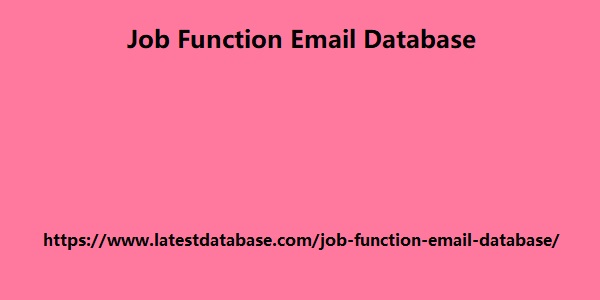Post by account_disabled on Feb 20, 2024 10:31:27 GMT
Russian President Vladimir Putin's war against Ukraine continues. As kyiv continues its counteroffensive, there has been no similar redoubling of efforts on the financial side of this conflict. In today's article, I highlight some recent contributions on moving forward on sanctions and ask why the issue of €300 billion of Russian central bank assets doesn't seem to be going anywhere. Below I give my reflections on the changing tone on the EU in the British Labor Party. The UN General Assembly should be a good opportunity to promote Ukraine's cause. And both the presidents of the United States and Ukraine used the occasion to emphasize how Russia must pay a price for its war of aggression, both to weaken its ability to wage war and to deter other potential aggressors in the future.
What I found most instructive this week was away from New York; was this hybrid seminar organized by the kyiv School of Economics and the Center for European Policy in Brussels. With wonderful Job Function Email Database clarity and concreteness, Ukrainian and other European sanctions experts explained three things. First, that the sanctions are working. Second, what to do next (choose two things: reduce the oil price cap and enforce it much better, and move from “blacklists” of prohibited trade to a universal ban with only a “whitelist” of exceptions ). And third, why: the goal should be to isolate the Russian economy as much as possible, to exact the highest possible literal price for Putin's crimes while he continues to try to colonize Ukraine.

Participants also briefly called for two measures that we pay special attention to here at Free Lunch: tying up export surpluses not affected by the sanctions that Russia has accumulated since February 2022 (I wrote about this here), and confiscating and transferring to Ukraine the 300 billion euros. approximately the Russian central bank reserves already tied up in countries imposing sanctions. The former has not received any attention among policy makers. The latter have done so, and have refused to move forward. Understanding why is crucial to finding a path forward. There have been valiant efforts to allay concerns about international law's limitations on confiscation, specifically “sovereign immunity.
What I found most instructive this week was away from New York; was this hybrid seminar organized by the kyiv School of Economics and the Center for European Policy in Brussels. With wonderful Job Function Email Database clarity and concreteness, Ukrainian and other European sanctions experts explained three things. First, that the sanctions are working. Second, what to do next (choose two things: reduce the oil price cap and enforce it much better, and move from “blacklists” of prohibited trade to a universal ban with only a “whitelist” of exceptions ). And third, why: the goal should be to isolate the Russian economy as much as possible, to exact the highest possible literal price for Putin's crimes while he continues to try to colonize Ukraine.

Participants also briefly called for two measures that we pay special attention to here at Free Lunch: tying up export surpluses not affected by the sanctions that Russia has accumulated since February 2022 (I wrote about this here), and confiscating and transferring to Ukraine the 300 billion euros. approximately the Russian central bank reserves already tied up in countries imposing sanctions. The former has not received any attention among policy makers. The latter have done so, and have refused to move forward. Understanding why is crucial to finding a path forward. There have been valiant efforts to allay concerns about international law's limitations on confiscation, specifically “sovereign immunity.


